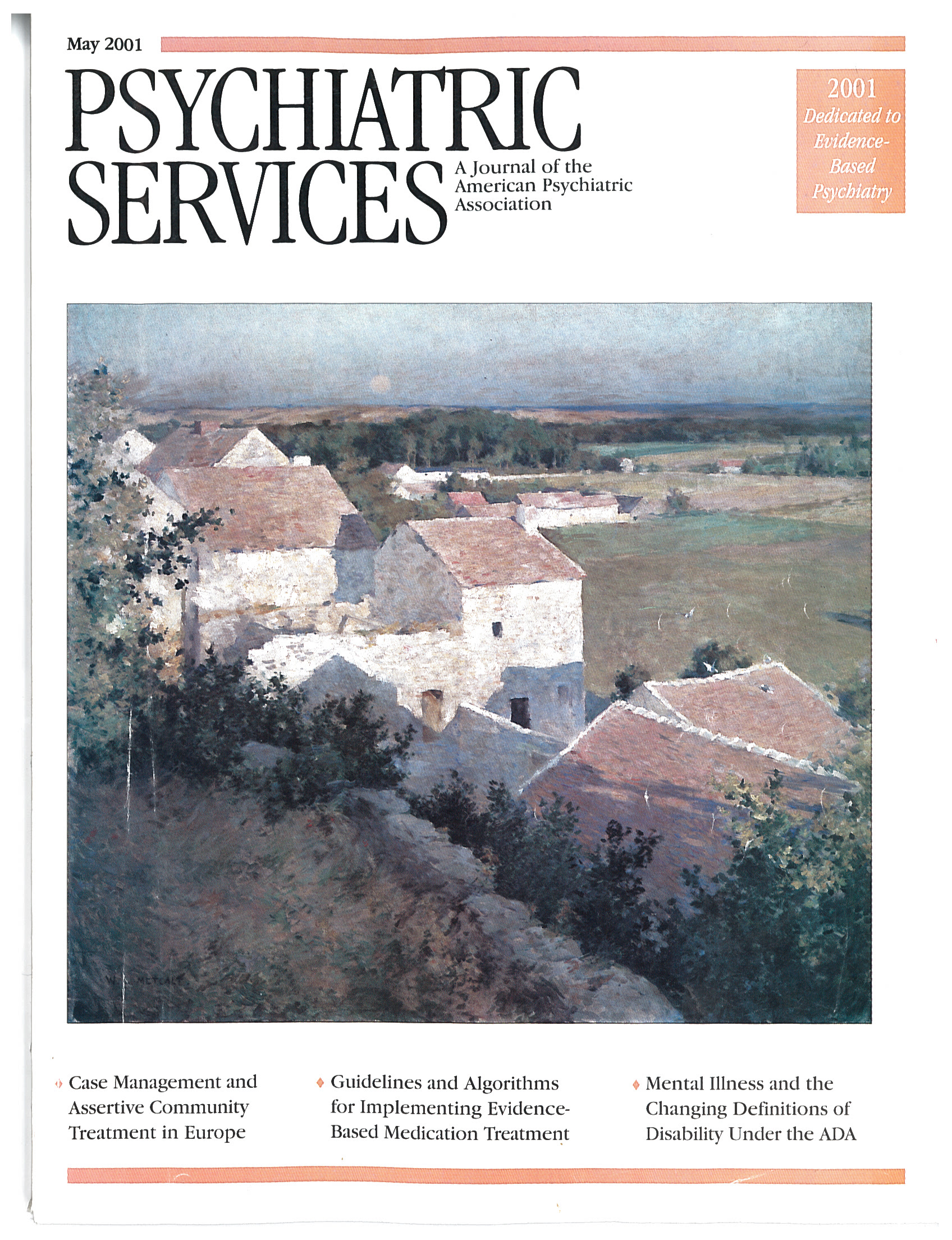Improving Capacity Assessments
To the Editor: We were grateful to see the article by Grimes and associates on informed consent in the December issue of Psychiatric Services (1). The authors argue for a robust version of decision-making capacity that includes intentionality and voluntariness along with understanding. This conceptualization resonates strongly with those of us conducting what is referred to as competence research. We believe that taking a comprehensive conceptual approach to capacity assessments will expand rather than limit the autonomy of psychiatric patients.
We are heartened, for example, by findings from the MacArthur Treatment Competence and Adjudicative Competence studies (2,3) that demonstrate considerable overlap in decision-making capacities between persons with and without a psychiatric illness. Further research may underscore our psychiatric patients' retention of significant decision-making capacities even in the face of neurocognitive deficits.
In fact, we are studying just this phenomenon among persons who have serious mental illness. We have adapted competence assessment instruments from the MacArthur studies, such as the MacAT-T, to assess decision-making about end-of-life care. The instruments, previously described in Psychiatric Services (4), assess the range of competence standards outlined by Grimes and coworkers, albeit in a somewhat altered form: understanding, reasoning, appreciation, and communicating a choice.
Furthermore, to test the hypothesis that poor executive functioning may be correlated with poor decision making, we have administered an interview to assess executive function. Clinicians conducting the interview were blinded to the results of the competence assessment. Results obtained from use of this combination of brief tools support those of previous research (5), and such efforts may generate information that will be vital to the development of improved tools to screen decision-making capacity.
Most important, however, is that following the path of Grimes and colleagues and their predecessors may strengthen the view of our patients as autonomous individuals. We can then develop specific educational interventions that allow them to participate in treatment decisions and other collaborations that they would not otherwise enter.
The authors are assistant professors of psychiatry at the University of Massachusetts Medical Center in Worcester.
1. Grimes AL, McCullough LB, Kunik ME, et al: Informed consent and neuroanatomic correlates of intentionality and voluntariness among psychiatric patients. Psychiatric Services 51:1561-1567, 2000Link, Google Scholar
2. Grisso T, Appelbaum PS: The MacArthur Treatment Competence Study: III. abilities of patients to consent to psychiatric and medical treatments. Law and Human Behavior 19:149-175, 1995Crossref, Medline, Google Scholar
3. Hoge SK, Poythress N, Bonnie RJ, et al: The MacArthur Adjudicative Competence Study: diagnosis, psychopathology, and competence-related abilities. Behavioral Sciences and the Law 15:329-345, 1997Crossref, Medline, Google Scholar
4. Grisso T, Appelbaum PS, Hill-Fotouhi C: The MacCAT-T: a clinical tool to assess patients' capacities to make treatment decisions. Psychiatric Services 48:1415-1419, 1997Link, Google Scholar
5. Holzer JC, Gansler DA, Moczynski NP, et al: Cognitive functions in the informed consent evaluation process: a pilot study. Journal of the American Academy of Psychiatry and the Law 25:531-540, 1997Medline, Google Scholar



